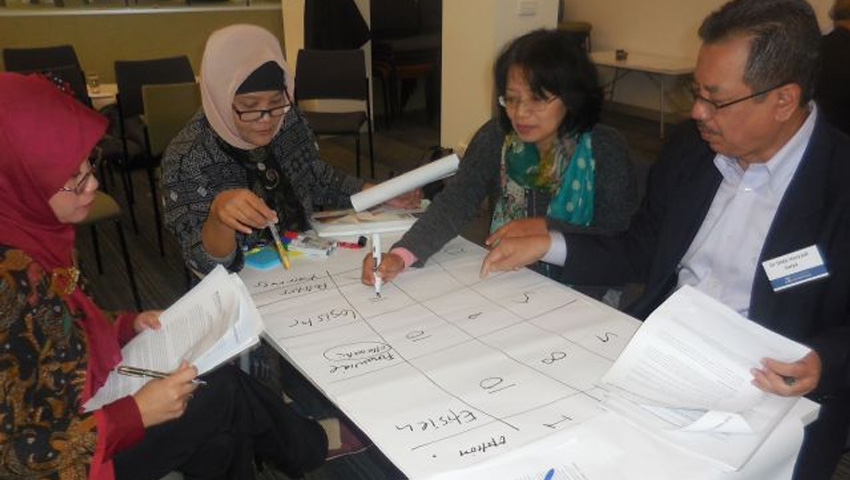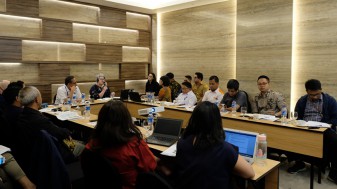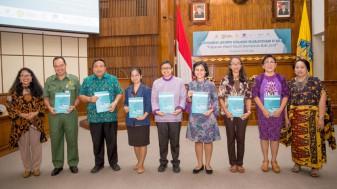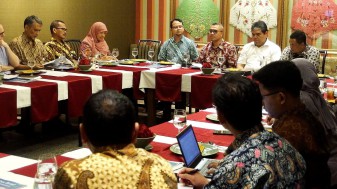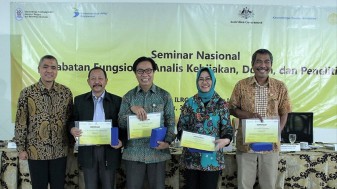Various conditions continue to hamper efforts to improve the quality of policy in Indonesia, particularly in terms of public interest. In addition to frequent overlaps between one policy and another, controversies and even cancellation of policies still occur at both national and regional government levels. Moreover, there is still no role for the public in a number of policy processes.
This is the situation underlying the issuance of Regulation of the Minister of State for the Empowerment of State Apparatus and Bureaucratic Reform No. 45 of 2013 on the Functional Position of Policy Analysts (JFAK), which aims to create reliable policy analysts who are able to contribute to the improvement of the quality of public policy in Indonesia.
“A policy analyst must be able to show facts and recommend the 'best' alternative policy to decision makers, not just recommend a policy that 'satisfies the ego’ of the decision makers, or for the sake of efficiency and convenience”, said Mrs Erna Irawati, the Head of Selection and Development of Policy Analysts at Lembaga Administrasi Negara (National Institute of Public Administration).
Furthermore, according to Mrs Erna (two from the right- picture), a policy analyst should make recommendations and communicate policy options that meet the norms of scientific analysis, rather than merely looking for justifications that can be used in decision making.
In determining the need for policy analysts nationwide, Mrs Erna and her team are also responsible for the selection processes of policy analysts, the development of policy analyst at all professional levels, and related information systems. In addition to technical competence in the formulation of policy, a policy analyst is also expected to have political competence, including competence in consultation and advocacy. "Through consultation and advocacy, a policy analyst must be able to stimulate the public’s interest to discuss, criticize, and propose solutions to a problem. Consultation and advocacy are also needed in formulating a clear policy agenda, so that the appropriate stakeholders can be reached through easily accessible mechanisms", added Mrs Erna.
The first education and training for policy analysts at LAN will begin on May 25 and run through June 13, 2015. Mrs Erna hopes this training will run smoothly and provide prospective policy analysts with an understanding of public policy and the basic of policy analysis.
Knowledge Sector Initiative (KSI) is supporting LAN’s efforts to develop the capacity of trainers and the drafting of modules for policy analyst training. From 13 to 18 April 2105, KSI facilitated the participation of 15 future trainers and module writers from LAN, including Mrs Erna, in a short course at the School of Government, University of Melbourne.

